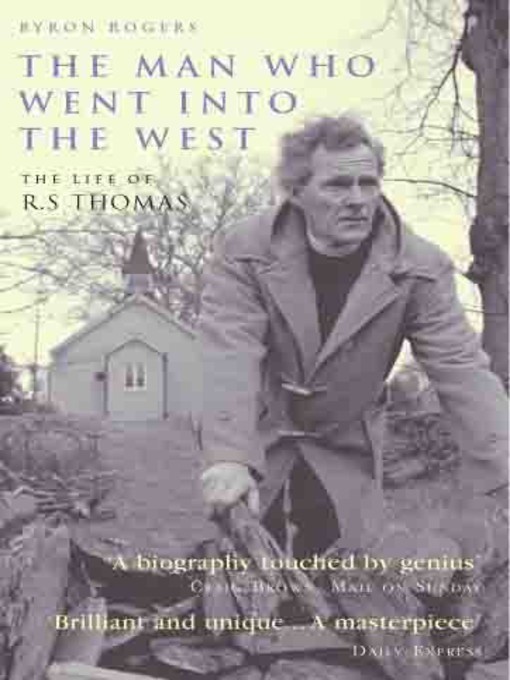- Available now
- New audiobook additions
- New kids additions
- New teen additions
- Try something different
- Shakespeare Week
- See all
-
Description
-
Details

OverDrive Read
- ISBN: 9781845137571
- Release date: July 20, 2007
EPUB ebook
- ISBN: 9781845137571
- File size: 1772 KB
- Release date: July 20, 2007
